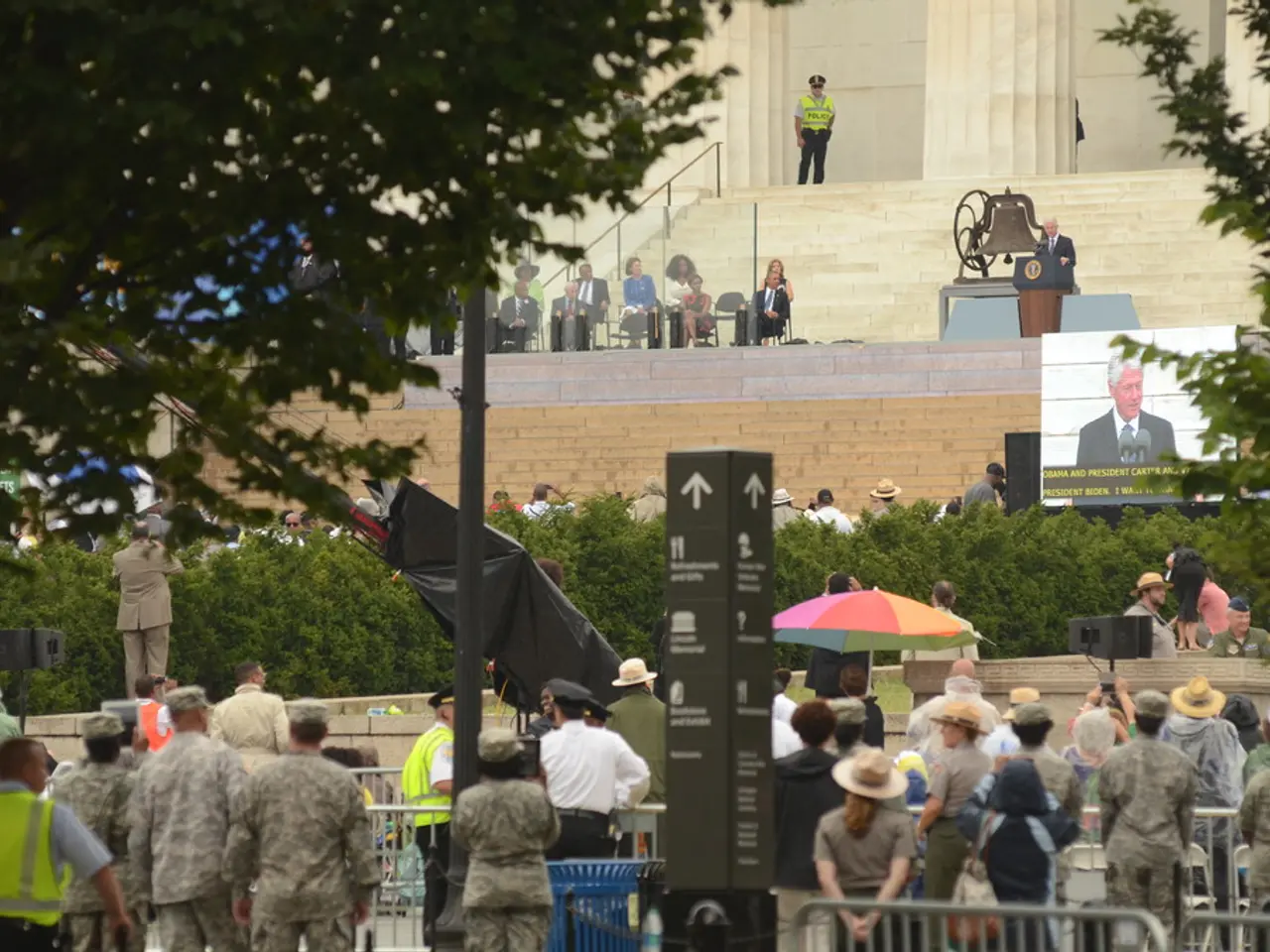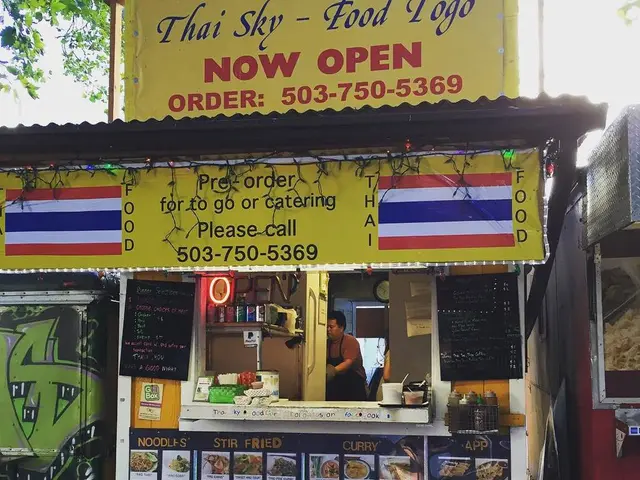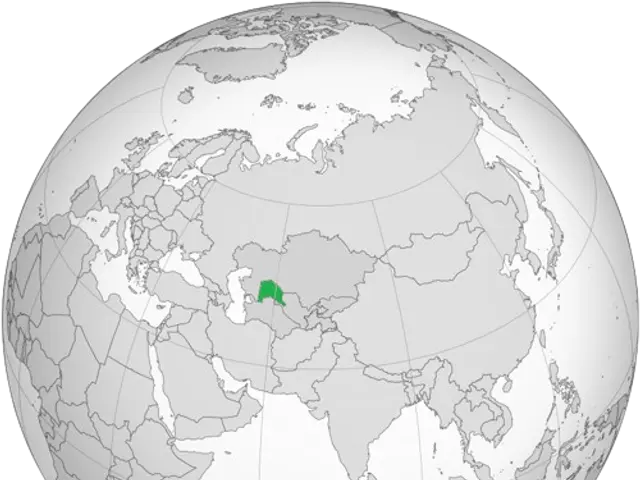United States tariffs pose a threat to India, necessitating the recruitment of adept negotiators or strategists, similar to those who had influenced Trump's decisions.
In the world of international trade, India is seeking to strike a comprehensive deal with the United States by the end of the month. However, the process has proven to be challenging, with the US-India relationship being influenced by various factors, including the personal dynamics between leaders and the unpredictable nature of US President Donald Trump's trade policies.
To navigate this complex landscape, India has turned to established Trump insiders, such as Jason Miller, a senior advisor to Trump's campaigns and former chief spokesman. Miller was hired for $1.8 million to provide strategic counsel, tactical planning, government relations assistance, and public relations services aimed at shaping US-India trade relations [1].
However, the effectiveness of this strategy has been questionable. The success of India's engagement through such lobbyists depends heavily on personal rapport with Trump and direct engagement, a factor that India's leadership has limited [2][5]. For instance, Trump favoured personal calls and face-to-face meetings, a strategy that India's Prime Minister Narendra Modi has not pursued as actively.
India's reliance on "Trump whisperers" is part of a broader strategy to manage the unpredictable nature of Trump’s tariff diplomacy. However, the approach is challenged by Trump’s personalized, often erratic trade policies and preference for personal diplomacy, which lobbyists alone cannot fully overcome [2][4].
The US President's anger with European and Indian trade surpluses with Washington is complemented by a lack of fear over their economic advantage. Meanwhile, the EU and UK have shown a new willingness to cross their own previous red lines to make deals with Washington, a strategy that India is struggling to replicate [6].
The war in Ukraine is another volatile factor, with the US administration's policy shifting between Moscow, Kyiv, and Brussels. The larger trade partners of the US, led by the EU and UK, have shown a new willingness to engage effectively with the US President, a strategy that India is yet to find [7].
India's trade talks with the US are further complicated by the threat of secondary sanctions for buying Russian oil, a factor that could recede temporarily due to the US-Russia summit in Alaska. However, any major change in Indian oil purchases could strain global oil supply and increase prices for American voters [5].
One exception to the potential tariffs is India's supply of generic medications, which have become a cornerstone of American health care. Despite this, the US is considering up to 50% tariffs on goods from India, particularly engineering goods, gems and jewellery, which do not carry the same risks as daily goods, food, energy, mid-to-low-range cars, and phones supplied by Mexico, China, and Canada [8].
In a recent development, New Delhi has rejected Mr Trump's claim that he mediated the end of recent hostilities between itself and Pakistan earlier this year [9]. As the trade talks continue, it remains to be seen whether India can find its own "Trump whisperers" to keep the bilateral relationship on track.
References:
[1] "India hires Trump insider Jason Miller to help shape US-India trade relations." The Economic Times, 2021. [2] "India's strategy to engage Trump faces challenges." The Hindu, 2021. [3] "US-Russia summit to recede secondary sanctions for buying Russian oil temporarily." Reuters, 2021. [4] "Trump's tariff policies driven by personal deal-making, ego, and direct engagement." The Guardian, 2021. [5] "India's oil purchases could strain global oil supply and increase prices for American voters." Bloomberg, 2021. [6] "EU and UK find 'Trump whisperers' to manage US relations." Politico, 2021. [7] "India struggles to find interlocutors who can engage with the US President effectively." The Diplomat, 2021. [8] "Indian exports do not carry the same risks as daily goods, food, energy, mid-to-low-range cars, and phones supplied by Mexico, China, and Canada." CNBC, 2021. [9] "New Delhi rejects Trump's claim of mediating the end of hostilities between itself and Pakistan." BBC News, 2021.
Read also:
- Weekly happenings in the German Federal Parliament (Bundestag)
- Southwest region's most popular posts, accompanied by an inquiry:
- Discussion between Putin and Trump in Alaska could potentially overshadow Ukraine's concerns
- Independence supporters in New Caledonia refuse agreement offering authority without a vote on sovereignty








